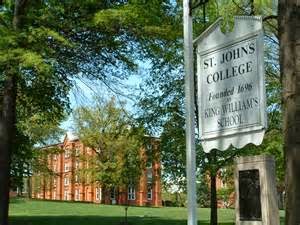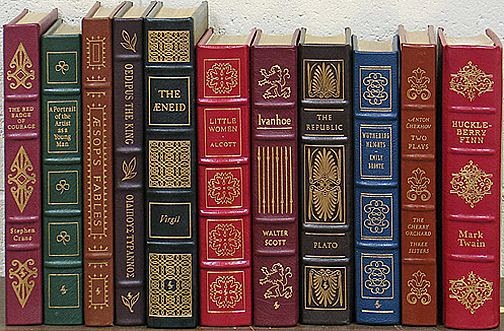Nollaig Chridheil dhuibh, a h-uile duine. Merry Christmas, everyone.
Today I'm afraid you, my readers, will have to endure another outburst of my Scottish geekiness. Fortunately, this one is appropriate to the season, and it involves more listening than reading. So turn up your speakers and prepare yourself for a wash of musical Christmas beauty.
~
Last Christmas I taught myself one Gaelic carol. That was all I had time for, what with the host of other preparations I had to make for the feast day. But this year I was eager to discover more: traditional Gaelic music holds a special place in my heart and I was sure there were some gorgeous Christmas songs out there just waiting for me. I was not disappointed. In my search I quickly uncovered the album Duan Nollaig: A Gaelic Christmas, by Fiona Mackenzie.
The album is lovely as a whole, including, along with the traditional Scottish carols, translations of some English favorites, like "In The Bleak Midwinter" and "Silent Night". Two of the native Gaelic songs in particular caught my attention: "Oran na Nollaig" (The Christmas Song) and "Bha Buachaillean an Dùthaich Shear" (There Were Shepherds in an Eastern Country). Below I post the videos and English translations of each song.
As soon as I read the lyrics to this song I knew I had to learn it. The words tell the story of a different kind of "Night Before Christmas"--this time, the midnight visitor is not a jolly St. Nicholas, but the voice of the Holy Spirit Himself. I invite you to read along as you play the video.
Oran na Nollaig (The Christmas Song)
The night before Christmas sleep fled far from me,
I lay on my elbow with a whisper in my ear
Saying, "Arise, get dressed and we'll go for a wander--
To a town far away across the ocean.
"There'll be a star in the sky," said the voice in my ear:
"Follow it and you'll get your reward:
You will glimpse the child they call the Lamb
Lying in a manger--his cheek like a star.
The Lamb of Reconciliation in the manger. Give him hospitality and welcome.
The Savior of the world, the beautiful child of joy,
What the prophets reported in the Bible
You will see tomorrow night--come sail with me."
"Who are you," I asked, "Whose voice do I hear?
Who leads me to the sleeping child?
Why did you invite a poor, wretched sinner?
Come and tell me the reason--don't leave me so quickly."
"Farewell," said the whisper, "I'm the Author of the book;
May the song of Christmas be daily on your lips
May the child's mercy follow your steps--
As long as you're on earth give honor to Him."
If you've read this far, it means you've survived the beauty of Fiona Mackenzie's voice and the heart-wrenching violin interludes. I congratulate you! But you ain't seen nothing yet...
When I first heard the opening harp chords of "Bha Buachaillean an Dùthaich Shear", a chill pricked my spine and felt my heart pulled into a kind of swoon. This I had to learn! To my surprise, when I looked up the lyrics, they were merely a straightforward account of the angels' appearance to the shepherds on Christmas Eve. The story itself was utterly familiar, but the Gaelic poetry and swoon-inducing melody infused it with a new beauty, gentleness, and wonder. The song sounds like stars. I'm sorry, that's the only way I can describe it.
Bha Buachaillean an Dùthaich Shear (There Were Shepherds In An Eastern Country)
There were shepherds in an eastern country,
Watching their flocks by night,
When there came an angel from heaven,
And the slope lit up with light.
The men were terrified but he said to them,
"Fear not, for I bring good tidings of great joy
To you and all generations."
"The Savior of the world,
The Christ, the Holy Lord,
Tonight has come to Bethlehem,
A helpless, gentle child;
And you shall find him securely wrapped
In a warm manger in the hay,
The precious, heavenly babe
Promised to us since the beginning of time.
Thus said the angel to them,
And suddenly the heavens were full
Of angels singing sweetly
And this was what they sang:
Glory to God in the heavens,
Everlasting peace of earth!
Glory to God in the heavens,
Everlasting peace of earth!"
I have no doubt these two carols will become part of my favorite Christmas repertoire. There is something breathtaking about viewing Christ's birth through the eyes of another culture's language. I have enjoyed it immensely, and I hope I've helped open your ears to another world of Christmas music. Beannachd leibh, agus Nollaig Chridheil! (Blessings and a Merry Christmas to you all!)





















